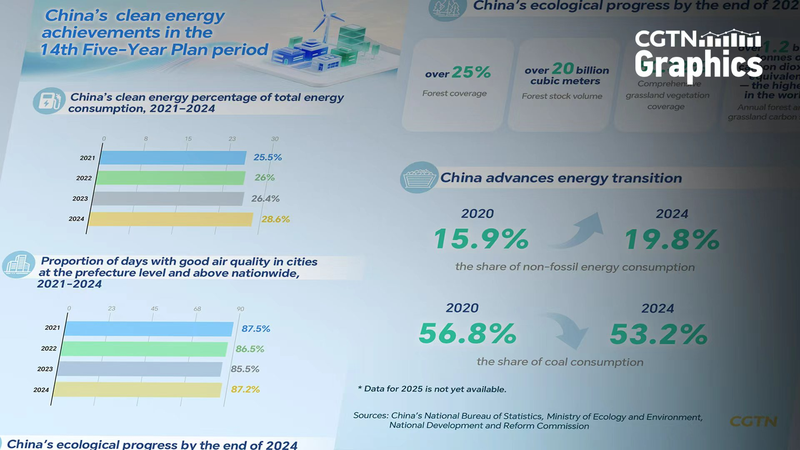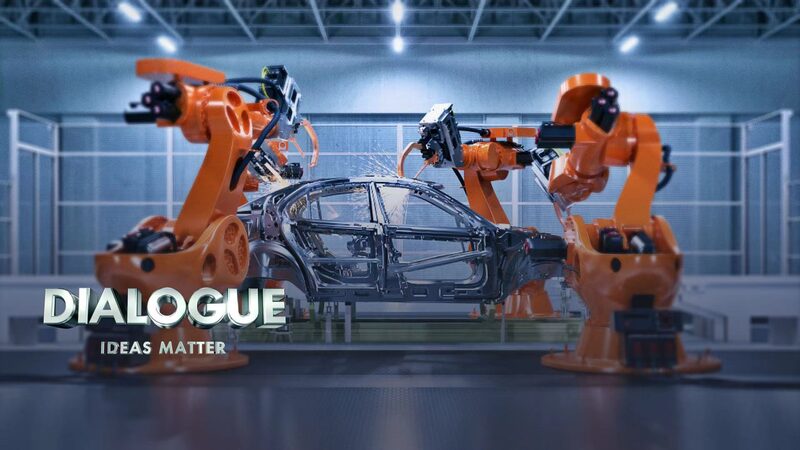China is leading the global shift toward sustainability, embodying a vision of ecological civilization that has made impressive strides in green development. 🌱 Under this vision, China has become a powerhouse in hydropower, wind, solar, and biomass energy, dominating the clean energy equipment market.
But China's green push doesn't stop at energy sources. For the past eight years, China has been the world's top producer and seller of new energy vehicles (NEVs), supported by the largest network of charging stations globally. 🚗⚡ This commitment showcases China's dedication to integrating green development with economic growth.
China's experience offers valuable lessons for Africa, where balancing economic growth with environmental protection is crucial. Africa, rich in natural resources but vulnerable to climate change, can benefit immensely from collaboration with China to enhance its own green development plans.
There's significant potential for green cooperation between China and Africa. Platforms like the Forum on China-Africa Cooperation (FOCAC) and the Belt and Road Initiative (BRI) are already paving the way for joint efforts in green technology and infrastructure. 🔗🌍
Africa has laid the groundwork with initiatives like Agenda 2063 and the African Development Bank's green program. By joining forces, China and Africa can drive a green development agenda that benefits both continents and contributes to global sustainability efforts.
This partnership could serve as a model for how nations can tackle climate change while still fostering economic growth. China's green development journey provides hope, demonstrating that a sustainable future can be achieved without sacrificing economic progress. 🌟
As Africa charts its own green path, leveraging China's experience and partnership offers a strong foundation to innovate and adopt sustainable technologies, positioning Africa as a leader in conservation and resilience. 💡🤝 With strong and educated leadership, both regions can work together to adapt and evolve toward a more developed and resilient future.
Reference(s):
cgtn.com






